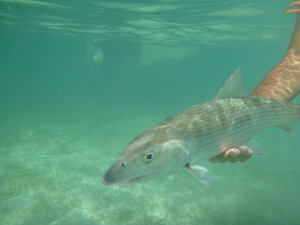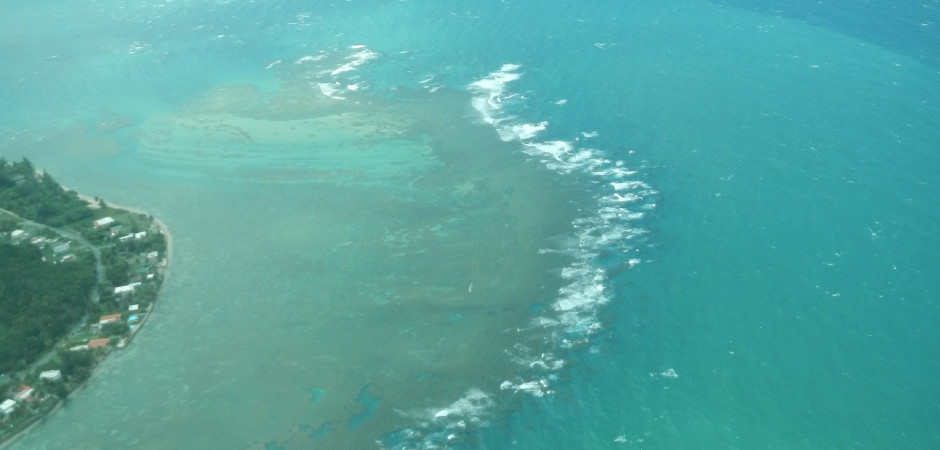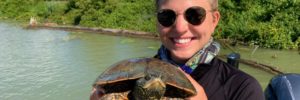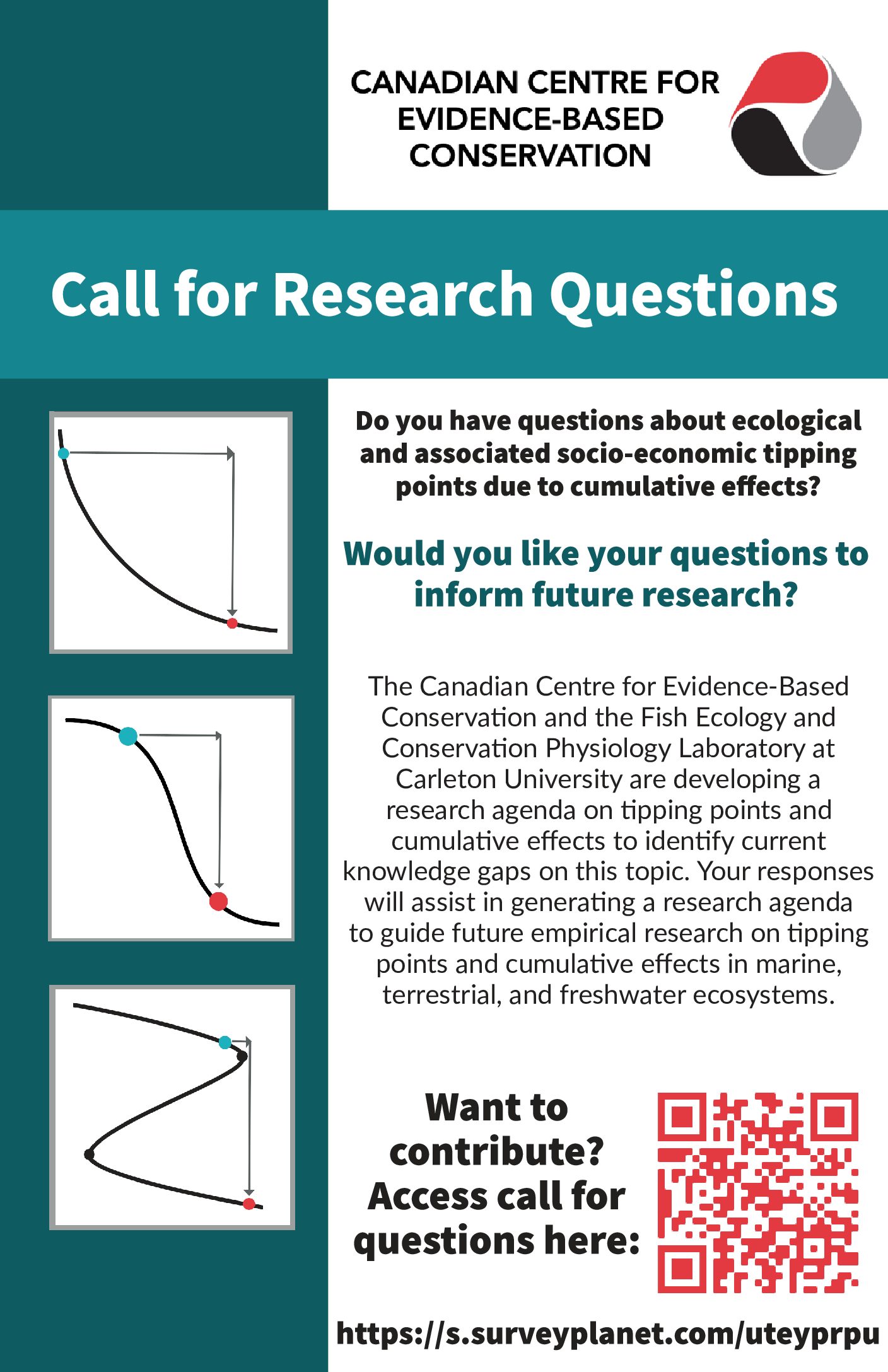Funded By
Bonefish and Tarpon Trust, NSERC, and the Canada Research Chairs Program
Research Team
Dr. Steven Cooke, Carleton University
Dr. David Philipp, University of Illinois
Dr. Andy Danylchuck, University of Massachusetts Amherst
Dr. Cory Suski, University of Illinois
Dr. Karen Murchie, College of The Bahamas
Mr. Aaron Shultz, Cape Eleuthera Institute
Dr. Edd Brooks, Cape Eleuthera Institute
Dr. John Mandelman, New England Aquarium
Jake Brownscombe, Carleton University
Naomi Pleizier, Carleton University
Dr. Alexander Wilson, Carleton University
Previous Team Members:
Liane Nowell, Carleton University
Felicia St-Louis, Carleton University
Research Summary
Shallow tropical and sub-tropical marine ecosystems are some of the most productive environments in the world, playing host to numerous ecologically, socially, and economically important fish species. In the Caribbean Sea, fish occupy incredibly diverse habitats including coral reefs, seagrass beds, shallow sand flats and tidal creeks. As such, fish exhibit a great variation with respect to their spatial ecology, population dynamics, and life history strategies. They are also faced with a unique combination of environmental and anthropogenic challenges, including overexploitation, habitat loss, extreme temperature dynamics, and high predator abundance. In many areas of the Caribbean, fish represent an important source of sustenance for local communities and support massive tourism industries that are critical to the regional economy.
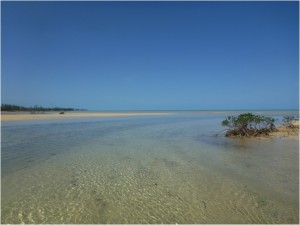
Our research team collaborates with other scientists including David Philipp (U of Illinois, Fisheries Conservation Foundation), Andy Danylchuk (U Mass Amherst), Cory Suski (U of Illinois), Karen Murchie (College of The Bahamas), Aaron Shultz (Cape Eleuthera Institute), Edd Brooks (Cape Eleuthera Institute) and John Mandelman (New England Aquarium) to answer important questions about fish ecology in shallow marine seas with a particular focus on how they cope with relevant stressors. Much of this research occurs at the Cape Eleuthera Institute in The Bahamas although other sites include Culebra in Puerto Rico. Ongoing projects are examining spatial ecology, thermal biology, and energetics of a range of species including bonefish, lemon sharks, great barracuda, permit, checkered puffer, and mottled mojarra. Projects also focus on understanding how fish respond physiologically and behaviourally to relevant stressors such as catch-and-release angling and extreme temperature changes that commonly occur in the region.
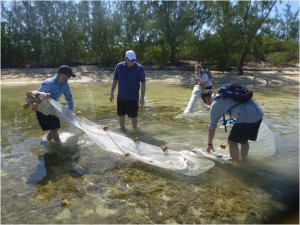
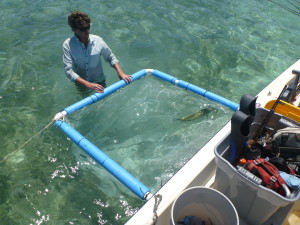
Some of the key findings from this work have revolutionized our understanding of these fish species. For example, an acoustic telemetry study in Eleuthera determined that bonefish, previously considered confined to shallow flats habitats, make large-scale migrations to oceanic shelves to spawn! Other research by our team has refined catch-and-release angling practices for bonefish and great barracuda. By using these fish species as models for understanding ecological and evolutionary dynamics, these research projects continue to make important contributions to the conservation of fishes in shallow marine ecosystems.
